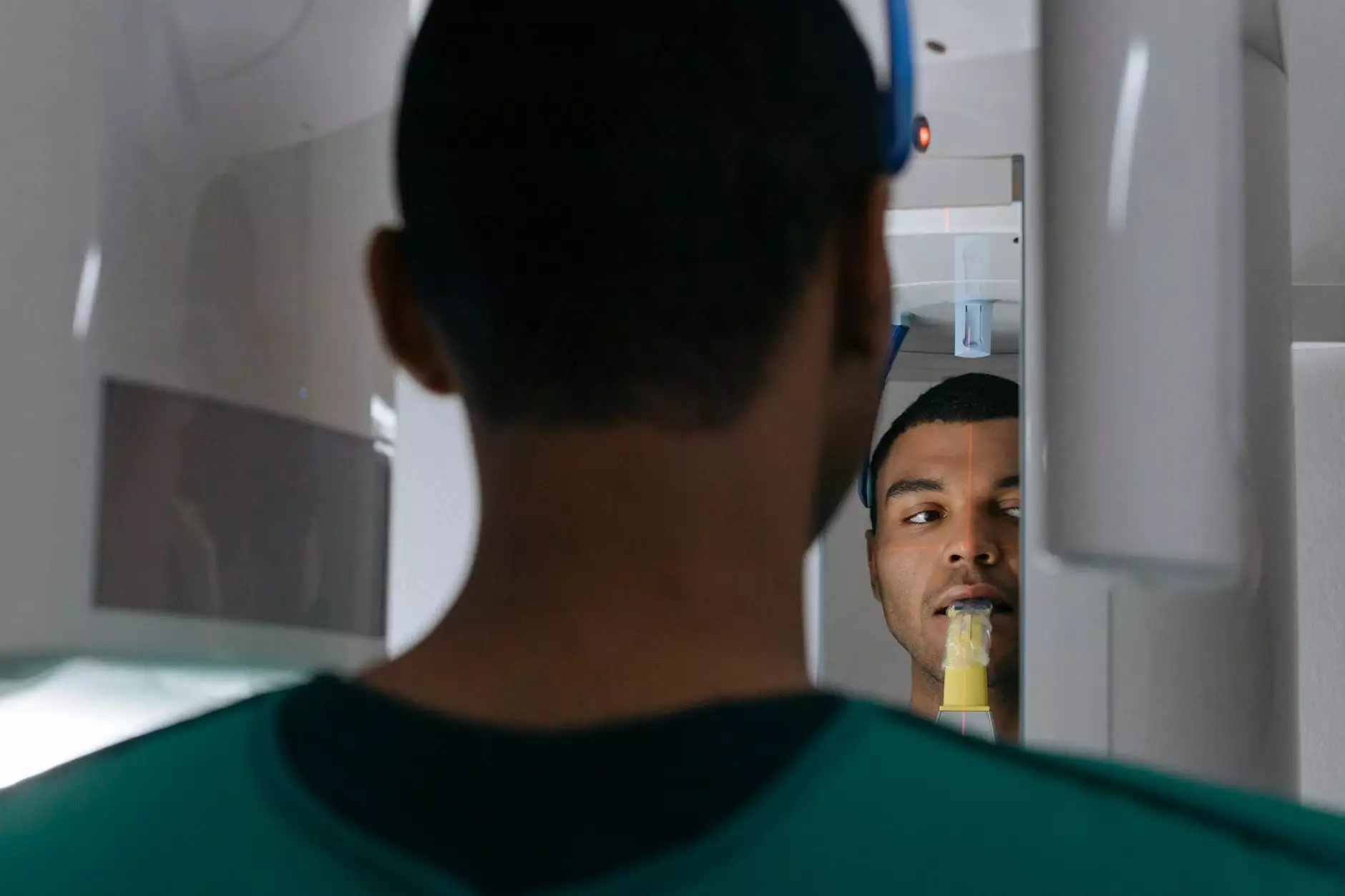The Essential Role of a Thoracic Surgeon in Modern Healthcare

Understanding the Role of a Thoracic Surgeon
A thoracic surgeon is a medical professional specialized in surgical procedures related to the chest organs. This expertise extends to the lungs, heart, esophagus, and other structures within the thoracic cavity. Their role is pivotal not only in surgical contexts but also in the broader spectrum of health and medical care, especially in the fields of Health & Medical, Sports Medicine, and Physical Therapy.
Scope of Expertise
Thoracic surgeons typically handle a variety of conditions, including but not limited to:
- lung cancer
- esophageal cancer
- mediastinal tumors
- congenital abnormalities of the thorax
- chronic obstructive pulmonary disease (COPD)
- pleural diseases
- heart valve surgery
- lung transplantation
The Importance of Preoperative Assessment
Before undergoing any surgical procedure, a thorough preoperative assessment is essential. This includes a complete medical history, physical examination, and detailed imaging studies such as chest X-rays and CT scans. Such assessments help in formulating a tailored surgical plan for each patient.
The thoracic surgeon works closely with other specialists, including pulmonologists, oncologists, and cardiologists, to ensure comprehensive evaluation and optimal patient outcomes.
Advancements in Thoracic Surgery
The field of thoracic surgery has seen rapid advancements, particularly with the advent of minimally invasive techniques. Procedures such as video-assisted thoracoscopic surgery (VATS) have revolutionized the way surgeries are performed. These techniques result in:
- Lower risk of complications
- Reduced postoperative pain
- Shorter recovery times
- Less scarring
Postoperative Care by Thoracic Surgeons
After surgery, the role of the thoracic surgeon continues through meticulous postoperative care. This care is fundamental for ensuring effective recovery and includes:
- Regular monitoring of vital signs
- Management of pain
- Preventive measures against complications, such as respiratory infections and blood clots
- Guidance for physical rehabilitation
The Role of Thoracic Surgeons in Sports Medicine
In the realm of sports medicine, thoracic surgeons play a crucial role, especially for athletes suffering from thoracic injuries or conditions. They are adept at diagnosing and treating injuries such as:
- Pneumothorax (collapsed lung)
- Rib fractures
- Muscle tears
- Crush injuries to the chest
For athletes, optimal recovery is paramount to ensure a return to peak performance. The collaboration between thoracic surgeons and sports medicine professionals is a critical component in this regard.
Integrating Physical Therapy in Recovery
Recovery from thoracic surgery is significantly enhanced through the integration of physical therapy. A dedicated physical therapist works closely with patients to:
- Enhance lung function
- Improve mobility
- Strengthen respiratory muscles
- Facilitate gradual return to daily activities
- Provide education on breathing exercises and techniques
Patient Education and Empowerment
A vital component of the thoracic surgeon’s role involves educating patients about their conditions and surgical options. Providing information empowers patients to make informed decisions regarding their health. Surgeons often utilize:
- Visual aids
- Detailed explanations of surgical procedures
- Discussions on expected outcomes and potential risks
- Follow-up care and strategies to maintain health post-surgery
The Future of Thoracic Surgery
Moving forward, the field of thoracic surgery is likely to evolve with innovations in technology and techniques. Trends in less invasive approaches, improved imaging technologies, and developments in robotic surgery suggest a promising future. The emphasis on precision medicine, where treatment is tailored to individual genetic profiles, is also on the rise.
Conclusion
In conclusion, a thoracic surgeon is a vital member of the healthcare team, providing specialized care that encompasses the surgical treatment of various chest-related conditions. Their expertise not only addresses immediate medical needs through surgical intervention but also encompasses comprehensive preoperative and postoperative care, collaboration with sports medicine professionals, and integration with physical therapy to ensure holistic recovery. As advancements continue to shape the field, the impact of thoracic surgeons in enhancing patient health outcomes is undeniable. Trusting a qualified thoracic surgeon is essential for anyone facing challenges related to thoracic health.









